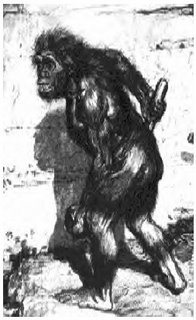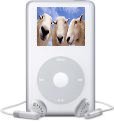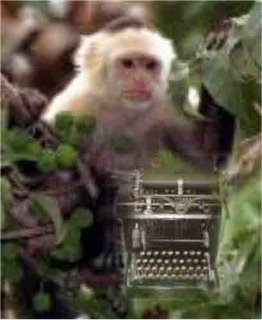
I got the Irish on me, all right.
Actually, that means
I speak Gaelic. A more accurate account of my ability might be:
Nil moran Gaeilge agam or
Tá cupla focail Gaeilge agam.
Either way, I have some Irish.
I began studying Gaelic in my drive to be the most obsessive researcher in the history of writing.
I had an idea for a story set in Ireland and while I was reading old Irish literature for background, I came across a snarky comment by some ancient translator along the lines of -- you can’t believe anything in Gaelic because they’re all a bunch of liars. I thought, to better understand Ireland, maybe I should learn Gaelic.
Which is kind of like thinking, I wonder what’s the name of that star; maybe I should fly to the moon.
I signed up for a night class at the local college and for one semester had conjugated prepositions and simple conversations pounded into my head by a Native Son of the
Old Sod. By semester’s end,
Tá cupla focail Gaeilge agam.But when that teacher moved away for a better position at a bigger college, my Gaelic education was reduced to finding phrases and translations on the Net. Which can be interesting, but the phrases were never the ones I thought might come in handy.
Like –
Do you have Guinness on tap? Then I decided I’d read something originally written in Gaelic, and learn by reading which is how I learned everything else. For this little project I chose,
An Béal Bocht by Flann O’Brien. He’s hysterical in both languages and I’m insane. I needed something at the level of
See Spot Run and ended up with great Irish satire. Lucky for me and the rest of the non-Gaelic speaking world, all of O’Brien’s work is available in English. (One reviewer commented that
An Béal Bocht was written in Gaelic just to be contrary.)
Last weekend, I attended an Irish language immersion weekend with teachers supplied by these
folks sponsored by the
Montana Gaelic Society. I learned some grammar rules, more phrases (still, alas, not
Do you have Guinness on tap) and traveled back in time.
The workshop was held in a Catholic elementary school. As I walked into the Girl’s Room, I felt the strangest sensation. Not déjà vu exactly or fragment of memory but – I was there. I am here. I’m still there. There is still with me.
The good Sisters of my earliest education seemed to brush by me. I could almost hear the swish of habits. The clunk of those thick shoes. Their gentle but dogmatic insistence I learn my prayers. How much of
me formed then? What they taught, what I decided, my earliest rebellion rushed back to me in the moment I stood transfixed in the doorway of the fifth grade girl’s bathroom. Time is a funny old concept.
Not all of the Gaelic students last weekend were Catholic, but enough were that there existed the camaraderie of shared experience. We went to different schools together. Each person’s unique story, bound with common experiences, made for an interesting and comforting community.
Which is what language does in the first place.
Or, as anthropologists believe, we didn’t get together until one of us said, “Hey you!”

In the meantime,
Ar mhaith leat beori.Conas a déarfá Do you have Guinness on tap
as Gaeilge?Slainte.

Foclóir -- Vocabulary
Nil moran Gaeilge agam – I don’t have much Irish.
Tá cupla focail Gaeilge agam – I have a couple of words of Irish.
An Béal Bocht – The Poor Mouth.
Ar mhaith leat beori – I want a beer.
Conas a déarfá -- as Gaeilge? – How do you say - in Irish?
Slainte – health.






